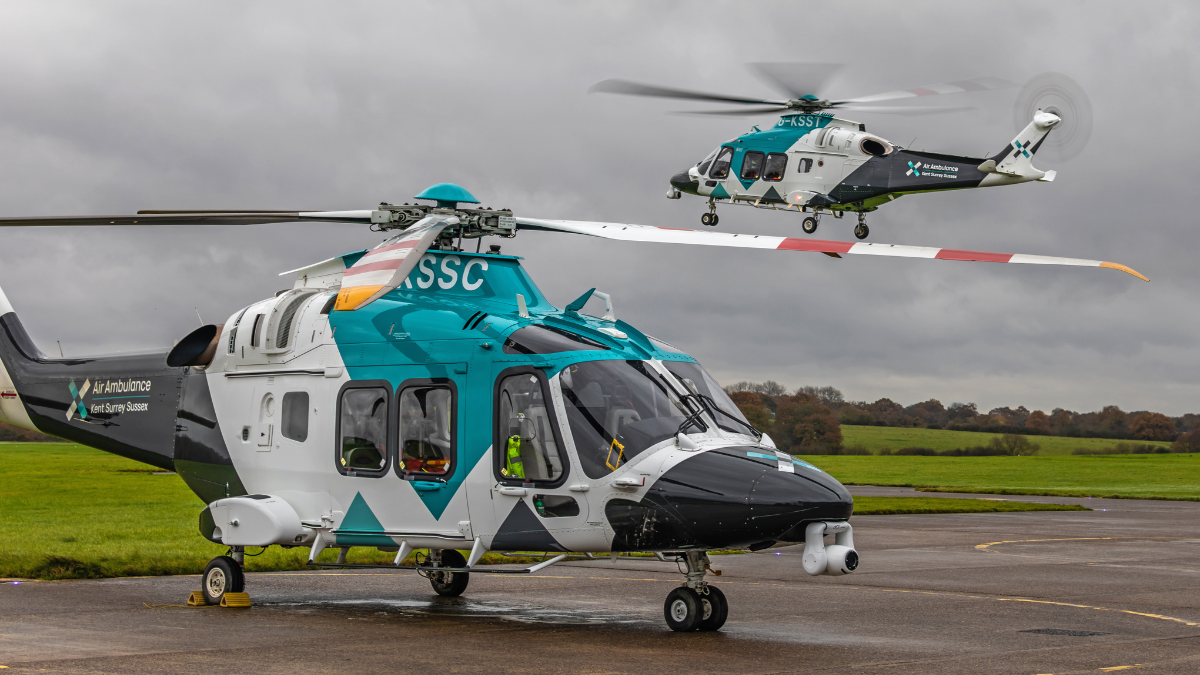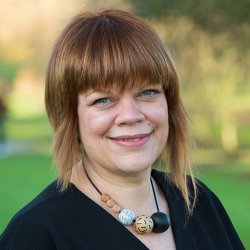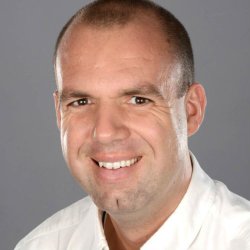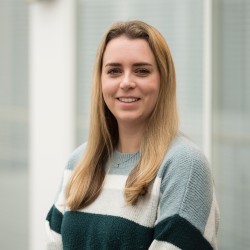New study to investigate if live streaming video from accident scenes could help with decision making about help needed
A new feasibility study is set to examine the impacts on decision making of NHS 999 emergency service staff being able to see live streamed footage of trauma incidents through the smartphones of people calling the service.
Funding from the National Institute for Health Research has bought together researchers, clinicians and patient public representatives from the University of Surrey, South East Coast Ambulance Service and Air Ambulance Charity Kent Surrey Sussex. The study will test the use of state-of-the-art technology, GoodSAM for trauma incidents. The technology provides the ability for those calling emergency services to instantly share live video from their mobile device. Video could be particularly useful if a caller is finding it hard to describe the situation, whether through stress, injury or language difficulties.
The current study will examine if the technology works in different conditions, if the general public are willing and able to use the technology and if using the technology causes any psychological harm to either callers or dispatchers.
Cath Taylor, a Professor of Healthcare Workforce, Organisation and Wellbeing in the University of Surrey’s School of Health Sciences, said:
“We need to learn if 999 callers are willing for their camera phones to be used, and if emergency dispatchers find it useful. Using video has been a success in London when people have strokes or heart attacks, but will 999 callers be as willing to give access to their phone’s camera if they are with strangers at the side of a road? Or if there has been a stabbing or where they may feel in danger? What if the 4G coverage isn’t good in a remote area? We need to understand all these factors and it’s also really important that we understand if and how using video impacts the psychological wellbeing of people involved.”
Over the course of six months, a selection of calls taken in the emergency operations centres in South East Coast Ambulance Service NHS Foundation Trust (SECAmb)will use GoodSAM technology. A link will be sent to the 999 caller which, when clicked on will allow emergency operations staff to see the scene by using the camera on the caller’s smartphone (without allowing recording of any of the images).
Professor Julia Williams, Head of Research for SECAmb and Professor of Paramedic Science stated:
“This is an important trial and has been a long time coming. We all sense this is a good thing and that video imaging could make a difference to our patients’ care, but we don’t have actual evidence. This study will start to provide the all-important evidence base either way.”
Findings will help design a larger subsequent study to determine if using live streaming helps emergency service personnel to more quickly get the right help to the scene.
Professor Richard Lyon MBE, Helicopter Emergency Medical Services (HEMS) Consultant, Director of Research for Air Ambulance Charity Kent Surrey Sussex and Professor in Pre-Hospital Emergency Medicine at the University of Surrey, said:
“In major trauma incidents, quick decisions can save lives. Receiving real-time video directly from 999 callers’ mobile phones, could allow emergency call centre staff to more rapidly and effectively assess whether to send a helicopter or a road ambulance and whether specialist resources are needed. With lives at stake and finite resources available to ambulance services, it’s vital that dispatchers have the best information so they can make the best decisions in critical circumstances.”
Funding source: This study/project is funded by the NIHR Health and Social Care Delivery Research (NIHR130811)/Injuries and Accidents. The views expressed are those of the author(s) and not necessarily those of the NIHR or the Department of Health and Social Care. The project is also supported by the Clinical Research Network and has received favourable opinion from the HRA (21/LO/0912).
ENDS
Notes to editors
- Professor Richard Lyon and Professor Cath Taylor are both available for interview
- Contact the University of Surrey Press Office: mediarelations@surrey.ac.uk
Share what you've read?
Featured Academics
Media Contacts
External Communications and PR team
Phone: +44 (0)1483 684380 / 688914 / 684378
Email: mediarelations@surrey.ac.uk
Out of hours: +44 (0)7773 479911




